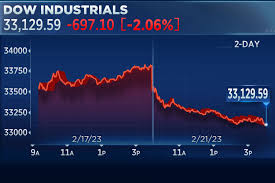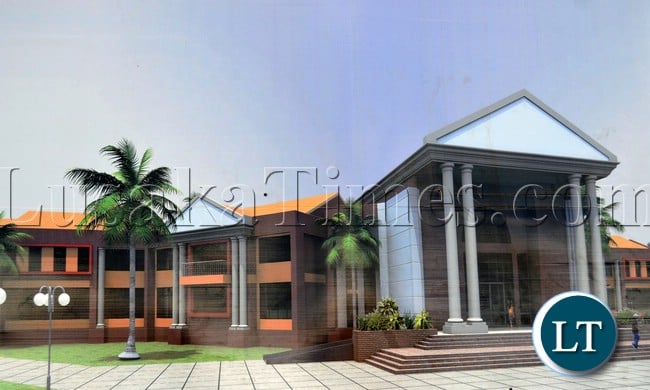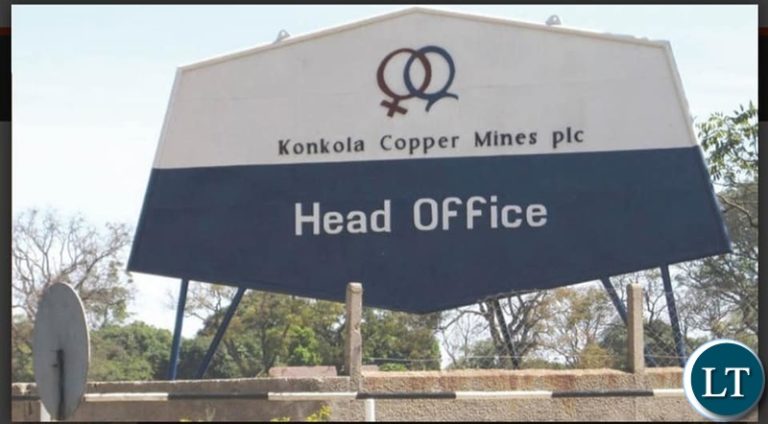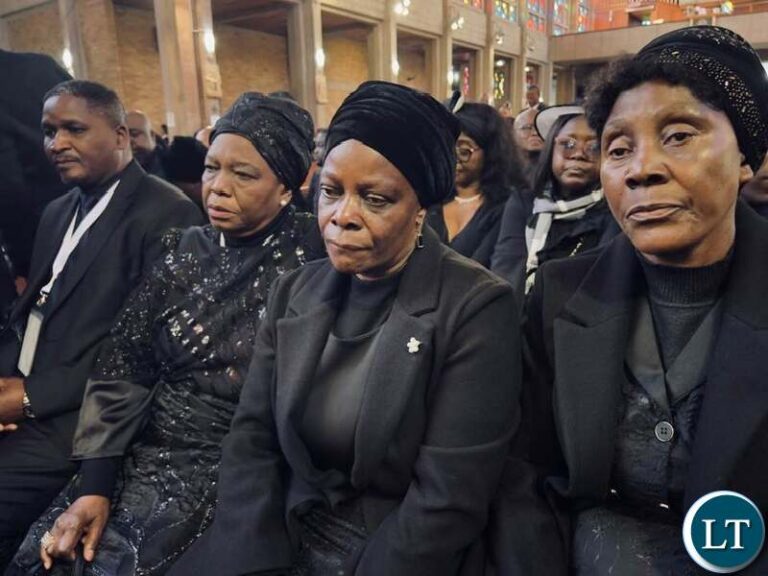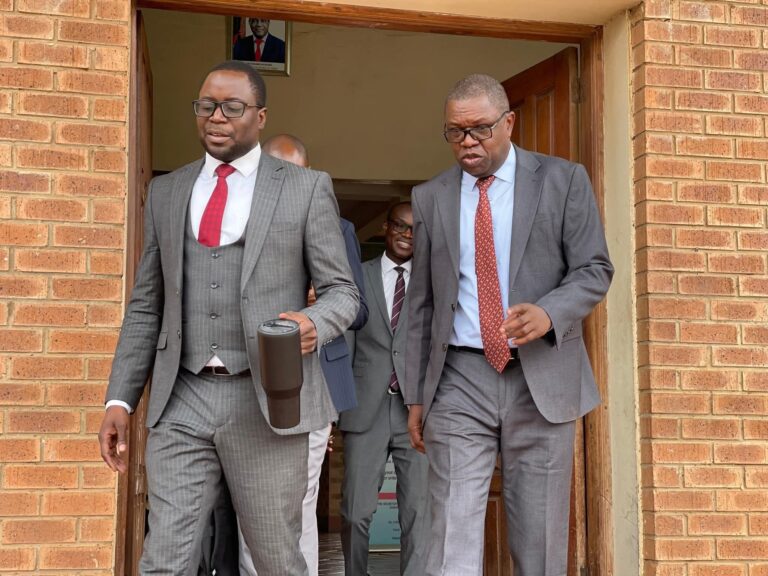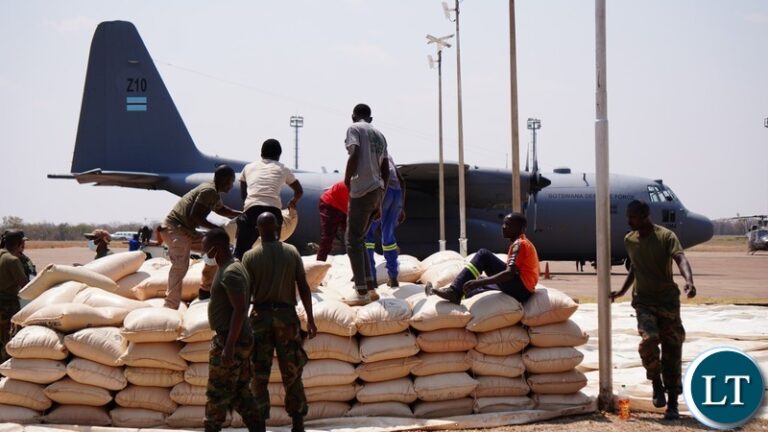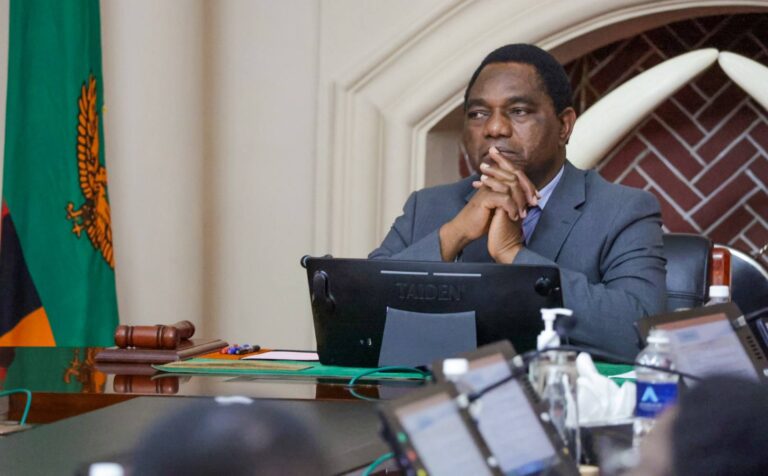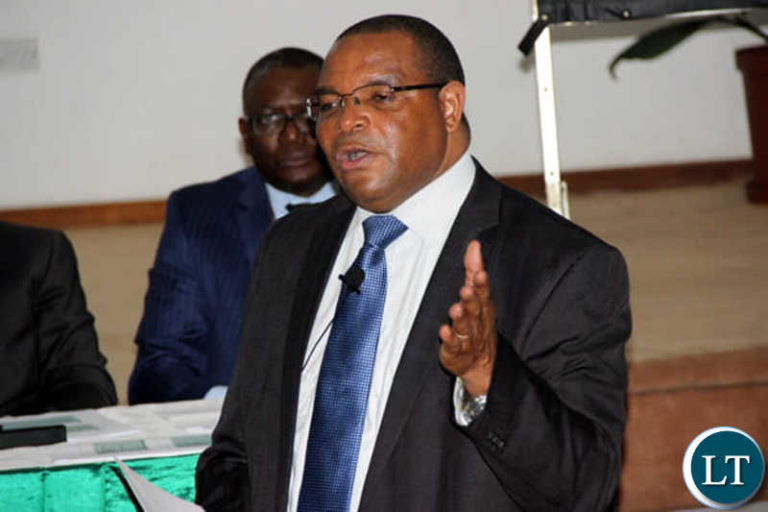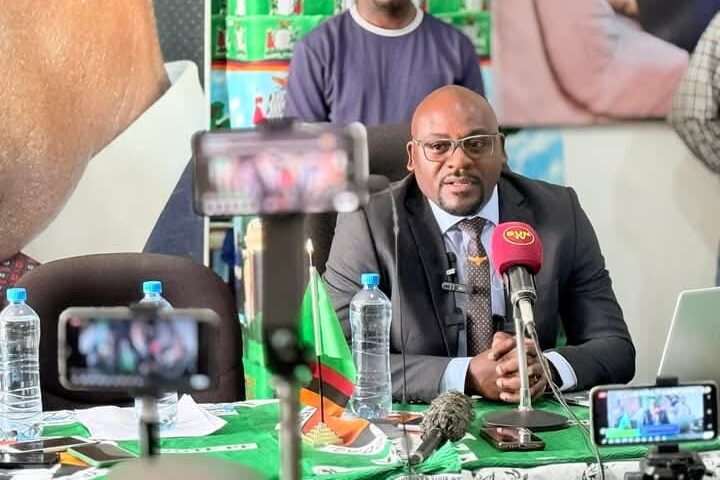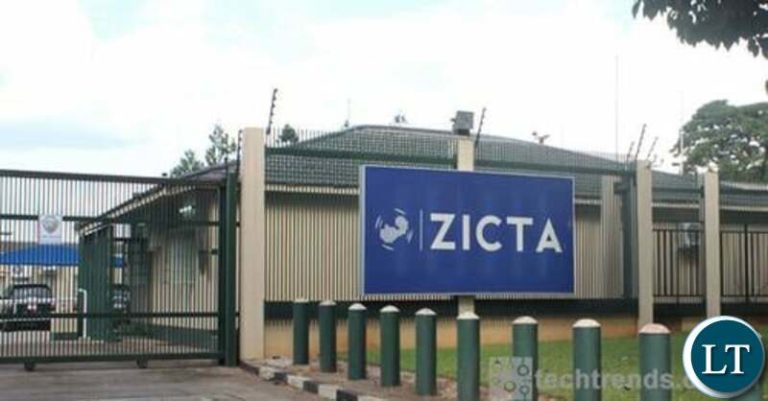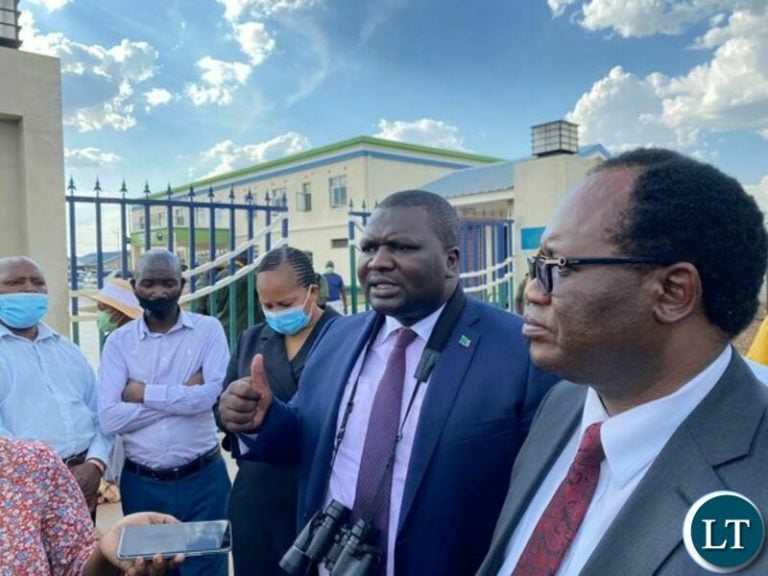deVere Group, the global financial advisory giant, declares the Federal Reserve’s latest move a watershed for markets, setting off what CEO Nigel Green calls “the opening stage of a potential worldwide bull run.”
“The Fed has fired the starting gun,” says Nigel Green.
“A quarter-point cut, a clear plan for two more this year, and an explicit focus on employment over inflation combine to deliver the most powerful signal we’ve seen in more than a year. Global investors will be acting now, not waiting.”
On Wednesday the central bank lowered its benchmark rate to a 4.00–4.25% range and, in a statement highlighting labor-market weakness, projected two further reductions before year-end.
The Dow Jones Industrial Average immediately surged more than 400 points, Treasury yields fell and markets priced in deeper easing.
“This is the Fed telling the world it will prioritize jobs and growth,” Nigel Green continues.
“Markets understand the implications: cheaper money, a softer dollar, and an extended expansion. We’re going to be seeing decisive positioning across portfolios.”
He notes that US consumer prices are still running at 2.9% year-on-year, yet job creation has slowed to just 22,000 and unemployment claims have climbed to multi-year highs.
“Policymakers can tolerate a little extra inflation,” he says, “but they’ll not risk a hard landing. This is why the Dow jumped 400 points within hours and why capital is flowing into risk assets globally.”
“Tech and infrastructure plays are regaining momentum as financing costs drop,” Nigel Green explains.
“We’re also seeing expanded allocations to Bitcoin and other digital assets as real rates fall and liquidity rises. These are not tentative moves, capital is shifting now.”
Nigel Green underscores that politics will reinforce the momentum. “President Trump wants strong growth heading into the mid-terms, and the Fed is now aligned with that objective. Fiscal and monetary policy are pulling in the same direction to sustain expansion.”
While upcoming jobs and inflation data will inject bouts of volatility, he believes the direction is set.
“Every release will either confirm the Fed’s hand or accelerate it. Those holding back for perfect clarity will pay a premium to catch up.”
He concludes: “The era of restrictive policy is ending.
“The Dow’s 400-point surge is likely to be only the beginning. Investors we advise across the world are positioning for what could be a sustained rally because this is the decisive shift – and guidance – they’ve been waiting for in many cases.”


